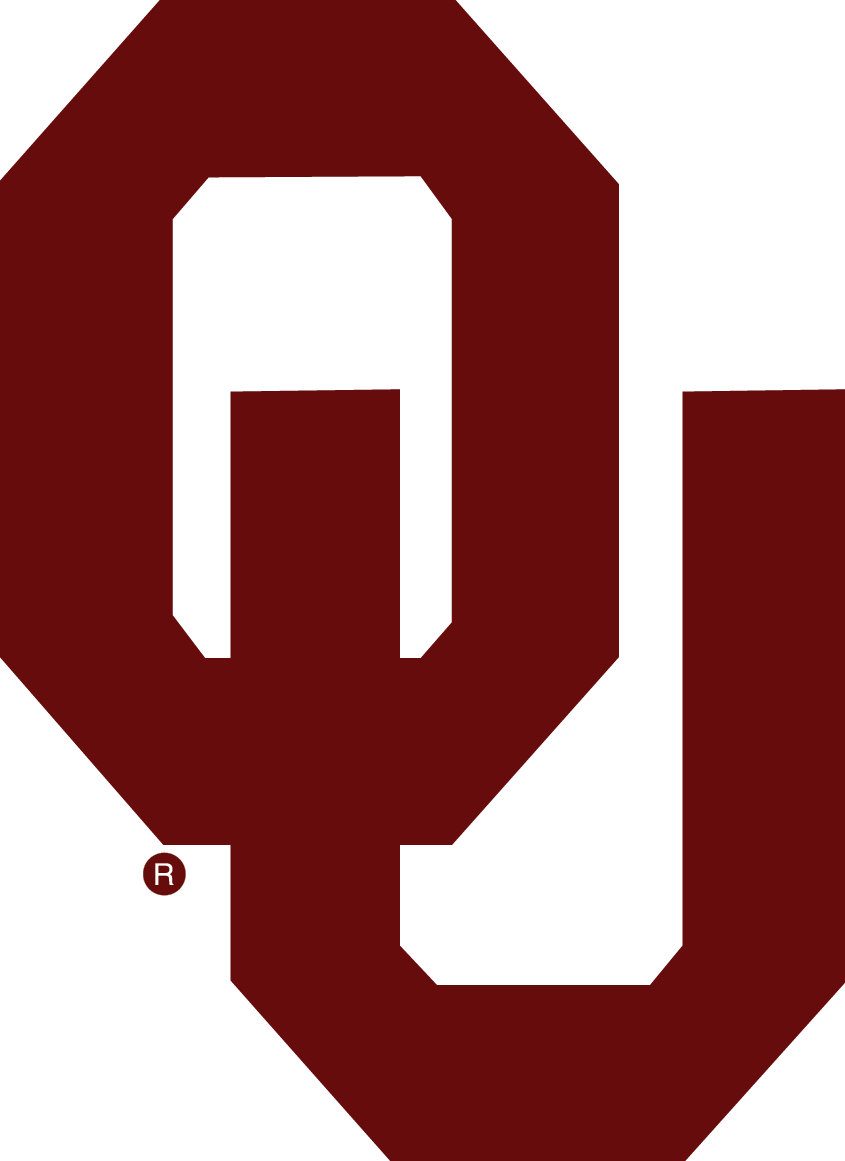Students are responsible for mastering the content of all courses in which they are enrolled. Specific requirements for class attendance are provided by the individual course instructor and will be included in the course syllabus. Attendance is required in all program courses.
When absences affect a student’s coursework, the instructor will schedule a formal meeting with the student and may also impose disciplinary action in accordance with department and university policies. If absences are excessive, a student may be withdrawn from the program in accordance with university policy.
It is recognized that while in the program, situations may arise that could cause a student to be late to or absent from class or clinic rotation, but those instances should be kept to a minimum. A professional sense of responsibility to put patients first is required from the outset of the program to develop the professional attitude expected by employers.
Guidelines for notification of absence from a clinic rotation are provided in Section 4, Clinical Education Policies. The following are guidelines for absence from all other programmatic activities:
-
A student must contact or leave a message in advance for all faculty in the courses he/she will be absent or tardy, and copy their Program Director. Failure to contact a faculty member may impact a student’s course grade as delineated in the course syllabus.
-
If absence will last several days, the student should contact his/her program director to explain the situation and the expected date of return.
-
It is the student’s responsibility to be familiar with absence policies in course syllabi and to contact each course instructor upon return to school regarding options to make up missed work.
-
Students with military or jury duty must inform their program director as soon as possible and provide documentary evidence of the activity. These students must notify all course faculty of their absence and make advance arrangements for makeup of missed tests, labs, etc.
Make-up activities are at the discretion of each course instructor, including make-up of clinic time or final examinations. The faculty member has the authority to assign a grade of “0” for any assessment or activity when the absence or tardy is unexcused. The faculty member can request documentation of an incident to excuse an absence.
Students are not allowed to attend classes if they do not submit University training certificates or required documentation to Complio by the due date. Any class activity is considered unexcused when class is missed due to noncompliance. See Section 4: Clinical Education Policies of this handbook for more information on Complio and required documentation.

